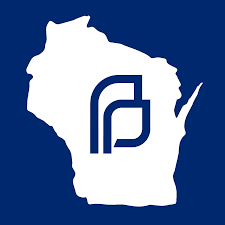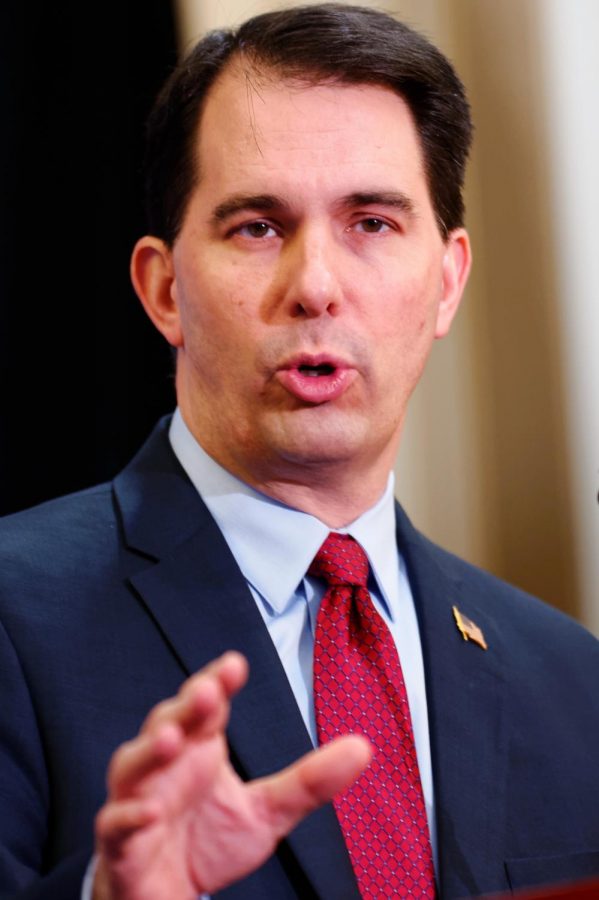
The U.S. Conference of Catholic Bishops has started a new website called “First American Freedom” that outlines how certain government policies have impeded on Catholic doctrine.
“Today, religious freedom is under threat throughout the United States — at all levels of government, federal, state and local—and abroad,” the USCCB website states.
While the Affordable Care Act has been the most contested law, specifically the mandate requiring religious institutions to cover sexual health and reproductive drugs and protection, state immigration legislation and same-sex marriage legislation have also come under fire.
The Code of Federal Regulations, which takes laws passed by Congress and specifies the particulars of them, has granted that certain exemptions to parts of the Affordable Care Act may be given to religious employers that meet four criteria.
First, the purpose of the religious organization must be “the inculcation of religious values.” Second, the organization must primarily employ “persons who share the religious tenets of the organization.” Third, the organization must primarily serve “persons who share the religious tenets of the organization.” Finally, the organization has to be a nonprofit organization as defined by IRS code.
If an organization, group or institution fails to meet any one of these criteria to the standard of the government, it does not qualify for exemptions from the preventative sexual health services portion of the Affordable Care Act.
Scott Idleman, a Marquette professor of law who specializes in constitutional law as well as law and religion, said overturning parts of the Code of Federal Regulations depends on whether religious organizations can prove they have had a substantial burden placed upon them.
“Whenever you can show that government puts a substantial burden on your religious freedom, then the burden of proof shifts to the government,” Idleman said. “The government has to show its law was necessary for the compelling interest of everyone.”
This means that the results brought about by a law cannot be created any other way without putting substantial burden on religious freedom.
For example, if one’s religion mandated killing one person every day, the law prohibiting murder would trample on religious freedom, but it would be necessary for the compelling interests of everyone.
Idleman said courts look at “substantial burden” in many ways.
“A court cannot assess the afterlife or your relationship to God, or at least they shouldn’t,” Idleman said.
He said everyone should be allowed the freedoms afforded by the Constitution.
“Not everyone has to be Amish and live apart from the world to enjoy the freedoms afforded by the Constitution,” Idleman said.
One of the more recent lawsuits concerning the Affordable Care Act was filed by East Texas Baptist University and Houston Baptist University Oct. 9 against the U.S. Department of Health and Human Services, the U.S. Department of Labor and the U.S. Department of the Treasury.
“The universities’ religious beliefs forbid them from participating in, providing access to, paying for, training others to engage in, or otherwise supporting abortion,” the universities’ brief states. “The government’s mandate unconstitutionally coerces the universities to violate their deeply-held religious beliefs under threat of heavy fines and penalties.”
Thus, under the Affordable Care Act sexual health services such as access to abortion-inducing medications would be covered. If they were not, the organizations responsible for coverage would be subject to fines and penalties from the IRS.
One of the most common claims found in lawsuits against the Affordable Care Act, and one made by the aforementioned Baptist universities, is that the act violates the Religious Freedom Restoration Act that aims to prevent laws that substantially burden an individual’s free exercise of religion.
According to the USCCB, many more groups, both Catholic and Protestant, are also standing up for their faith.
“Across the country and around the world, people of all faiths are standing up for their religious freedom — and we stand with them,” the USCCB’s website states. “Through prayer, education and public action, we are activating Americans from all faiths and walks of life to turn back these threats.”






